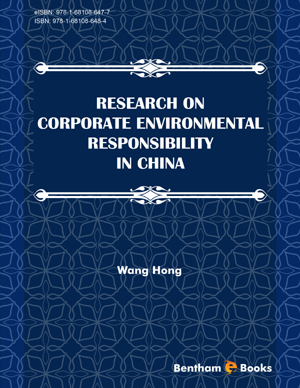Abstract
Today, there is extreme enthusiasm among practitioners and academic researchers for green management. This enthusiasm is driven by the expectation that managers will utilise resources wisely and responsibly by making minimum use of air, water, minerals, and other materials. The public is eager to preserve nature’s beauty, calm and tranquillity. It encourages organisations to eradicate toxins in the workplace that harm the employees and community. Green management has certain significance at the normative or moral scale. The relationships between an employee’s green behaviour, green human resource management, and environmental sustainability with social, economic, and environmental performance need to be explored and well-understood. A self-administered questionnaire was distributed to collect sample data using convenience sampling. The reliability of the instrument was determined based on Cronbach’s Alpha. The normality of data was checked through the Shapiro-Wilk Test. Normality plot was used to find outliers in the collected data. The hypothesis was analysed using Andrew Hayes’s methodology of moderation in the statistical package for social sciences (SPSS). The results confirm the significant moderating impact of green human resource management on the association of employees’ green behaviours and environmental sustainability. Organisations around the world are shifting from processes that exploit the environment towards those that are environmentally friendly. Going forward, researchers predict that more research will illuminate the role of green human resource management (HRM) activities in enhancing and perhaps even driving environmental management initiatives. Such research reduces organisational degradation and contributes to the benefits of all stakeholders in the future.
Keywords: Green behaviours, Human resource management, Environmental management, Sustainable development, Innovation.






.jpg)





